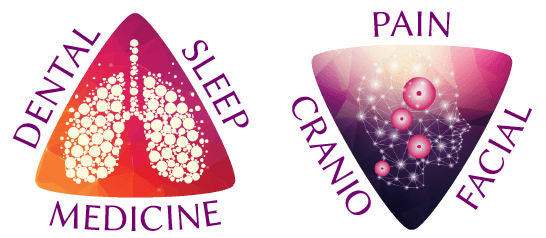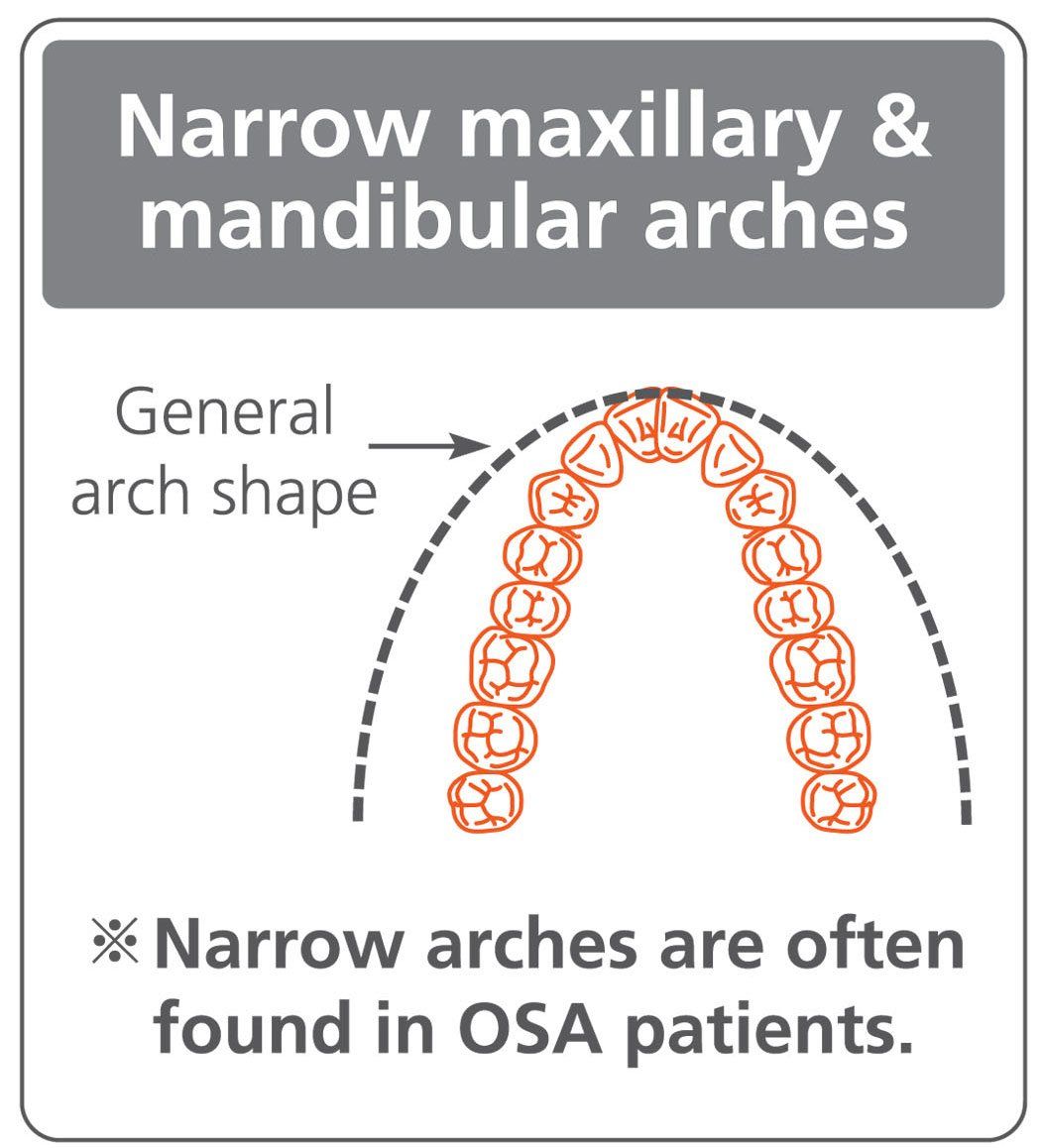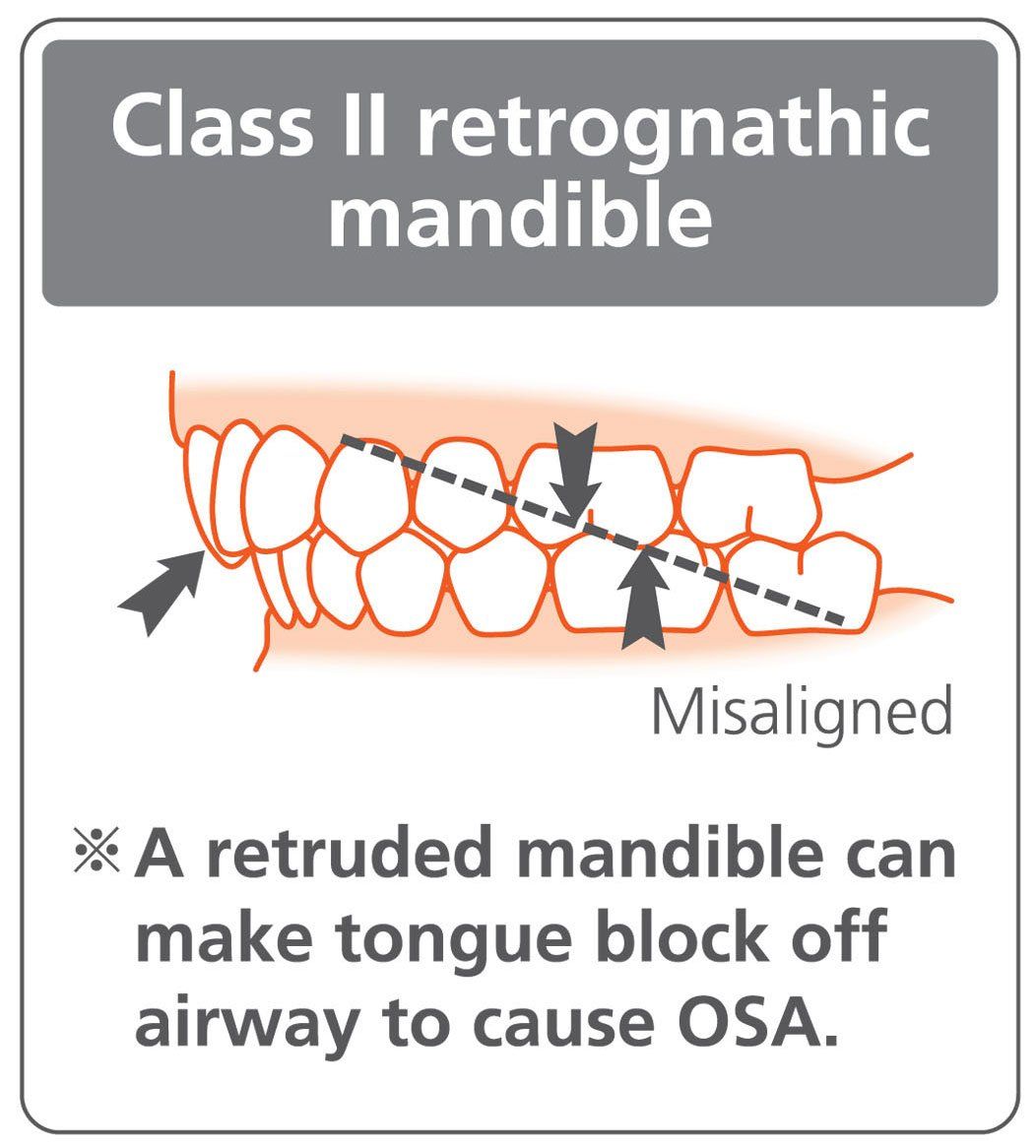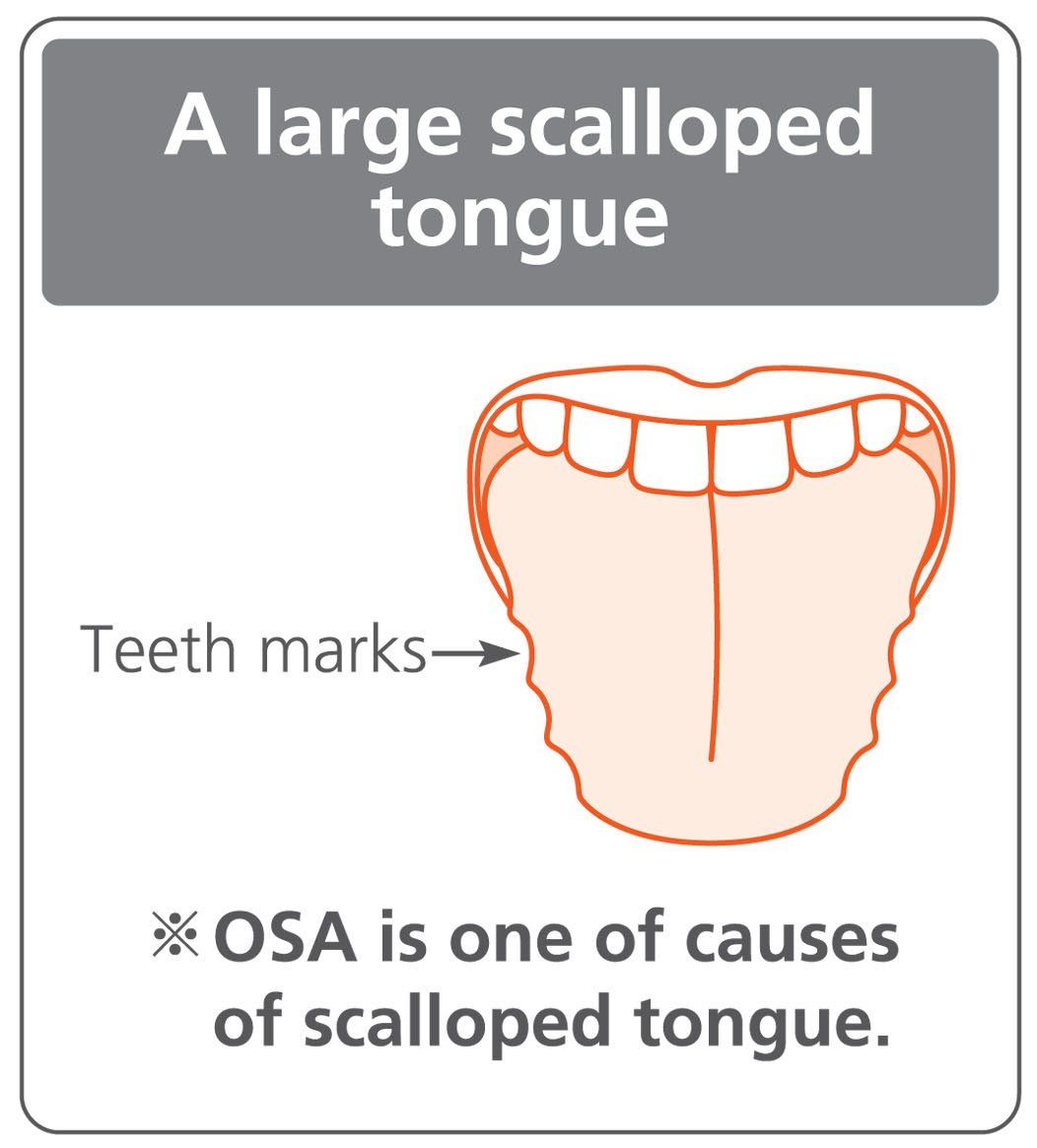Sleep apnea is a common condition that affects about 20 million Americans. It can be life-threatening if left untreated.
It causes you to stop breathing for up to 10 seconds while you're sleeping. This can happen a few times or several times depending on the severity of the condition. When this happens, your body is forced out of the deeper stages of sleep to prompt you to breath again. This interruption in your sleep cycle negatively effects the quality of sleep; this can lead to many health concerns including cardiovascular conditions, obesity, depression, certain cancers and more. While there are several types, Obstructive Sleep Apnea is the most common.
What is actually happening during an episode?
With Obstructive Sleep Apnea, the tongue and throat muscles relax, blocking the airway, preventing you from breathing. Since you are no longer breathing, the levels of oxygen and carbon dioxide in the blood become unbalanced. This triggers the brain to send a signal to your upper airway muscles to resume breathing. This trigger also interrupts the sleep cycle. You may not remember waking up, but it effects your health and you may experience some symptoms the next day.
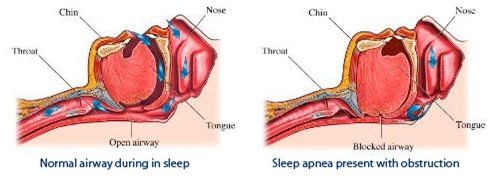
What causes Obstructive Sleep Apnea?
There are several possible causes, from ones that can be treated to structural issues. Here is a list of some of them.
- Structural features: narrow maxillary (upper jaw), retrognathic mandible (lower jaw), thick neck, and narrow throat
- Scalloped tongue
- A high Mallampati score
- Excess weight
- Family history
- Smoking
- Being older
- Hypothyroidism
- Vitamin or mineral deficiency
- Allergies
- Congestion in the upper airways do to a deviated septum
STATS and FACTS
- 1 to 5 adults have it
- 30 millions Americans snore
- Fewer that 10% have been diagnosed
- Nearly 50% of middle-aged adult snore
- Obstructive Sleep Apnea (OSA) increases the risk of heart attack, hypertension, congestive heart failure, stroke, diabetes, reflux disease, impotence, motor vehicle accident
- Your partner can lose up to 1 hour of sleep due to snoring
